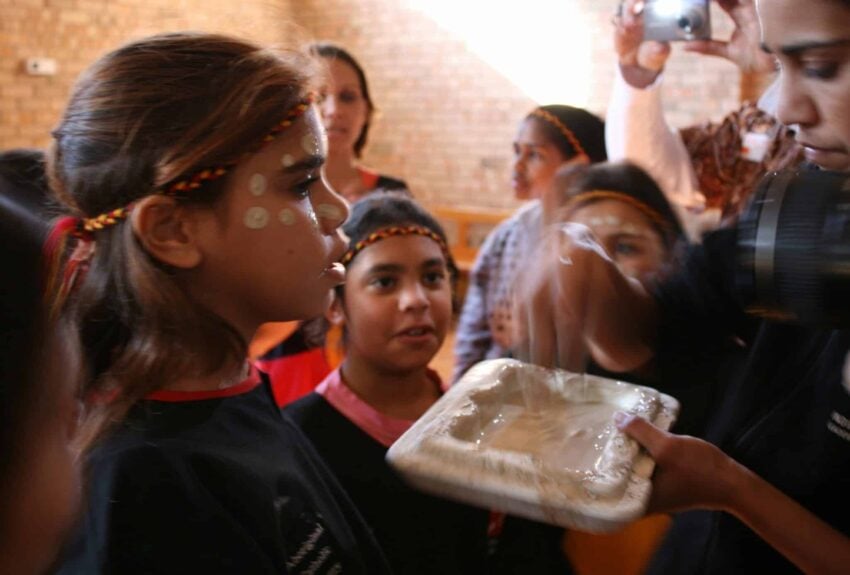
By Julie Macken
As a former journalist of many years, I am not used to struggling to know what to write, especially when it is on a topic so close to my heart. But I have been struggling to write this because when given the opportunity to write an opinion piece about voting Yes in the forthcoming referendum I did not know where to start. Not because I don’t think it is vitally important to vote Yes, but because I can’t understand the power of voting No.
Don’t get me wrong, I well understand the fear of losing something I cherish and the anxiety we can have around new situations—particularly when those new situations are so unknown. They are all very real emotions for me and I have enormous respect for them.
It has taken me awhile to understand my own struggle and confusion as to why anyone would vote No. But finally I realised my wholehearted commitment to Yes comes to me from my own forebears, my own ancestors and elders. Let me explain.
Five generations ago my great-great-grandfather, Mark Foy, and great-great-grandmother, Mary Macken, came to Australia during the 1850’s. Mark came in the hope of making a living for his new family; Mary came to avoid reprisals from the British for her work with the Young Irish movement for freedom in Ireland.
Fear of arrest by the British had already forced her to flee her hometown of Dublin and spend years in New York before returning to Ireland to be with her family. In the end both these young people came to a newly-colonised nation to find freedom, to find financial security and to find a place they could practice their Catholic faith in safety.
They found all of that and so much more in this extraordinary country. Their descendants number in their many hundreds. We are a family that has had the enormous privilege of a great education, of living in peace and prosperity. This country has been nothing but generous and kind to us.
And perhaps because we are such big families—I am lucky enough to have five sisters and five brothers—we are also used to speaking our minds and being taken into account. Good luck to anyone trying to stop us having a voice in our own affairs. We are lawyers, journalists, teachers, academics and political consultants, paramedics and nurses and we are vocal in all those trades and disciplines.
Of course, that is not just a function of our own endeavours. That is a result of being a white Australian. The laws that govern this land were created by my forbears; they were made by the forces that colonised this land. And while me and my family have made our own mistakes, we have never been taken from our family, never had my language stolen, never had my beliefs condemned, I have never known what it is like to have the government decide if I could move states, could get married, could change jobs, could go see my mum. I have never been silenced or sidelined or marginalised and that’s because I am a white Australian.
So given the generosity of this country, my own enormous privilege and power, how could I possibly say no to extending the right of Voice to the people whose land my forebears colonised? Seriously, how could I deny such a humble and essential request?
Those who push the No vote have argued there are too many “what ifs” in this proposal to vote Yes. Well my forbears came here surrounded by life-threatening “what ifs.” What if the boat sinks? What if we starve? What if we never see our homeland again? But those “what ifs” were nothing compared to the hope, the love and the possibility of a better future they held for their kids.
I inherited that hope, that love and I live in that better future. I cannot possibly betray that legacy of generosity and love by denying my Aboriginal and Torres Strait Islander friends a Voice to speak their story, to advocate for their kids, to advise the federal government on matters that affect them and theirs. How could I turn my back on that gentle, humble request, given all I have been given by this old country?
In the end my vote for Yes comes out of the enormous love I have been shown by family, my own ancestors and this beautiful old country. It turns out that love lives in the “what ifs” of life.
Julie Macken is Justice and Peace Facilitator with the Archdiocese of Sydney’s Justice and Peace Office.
